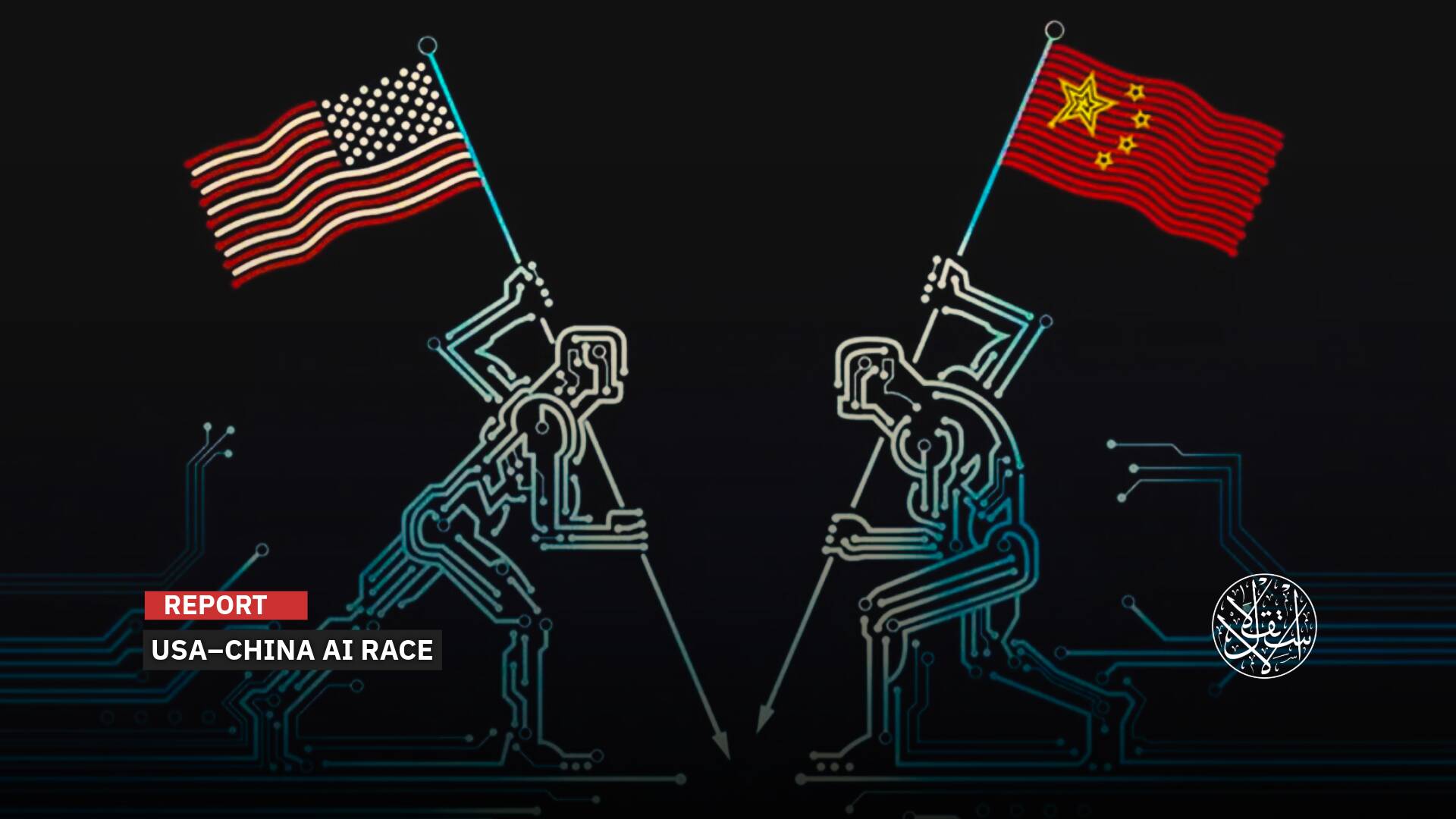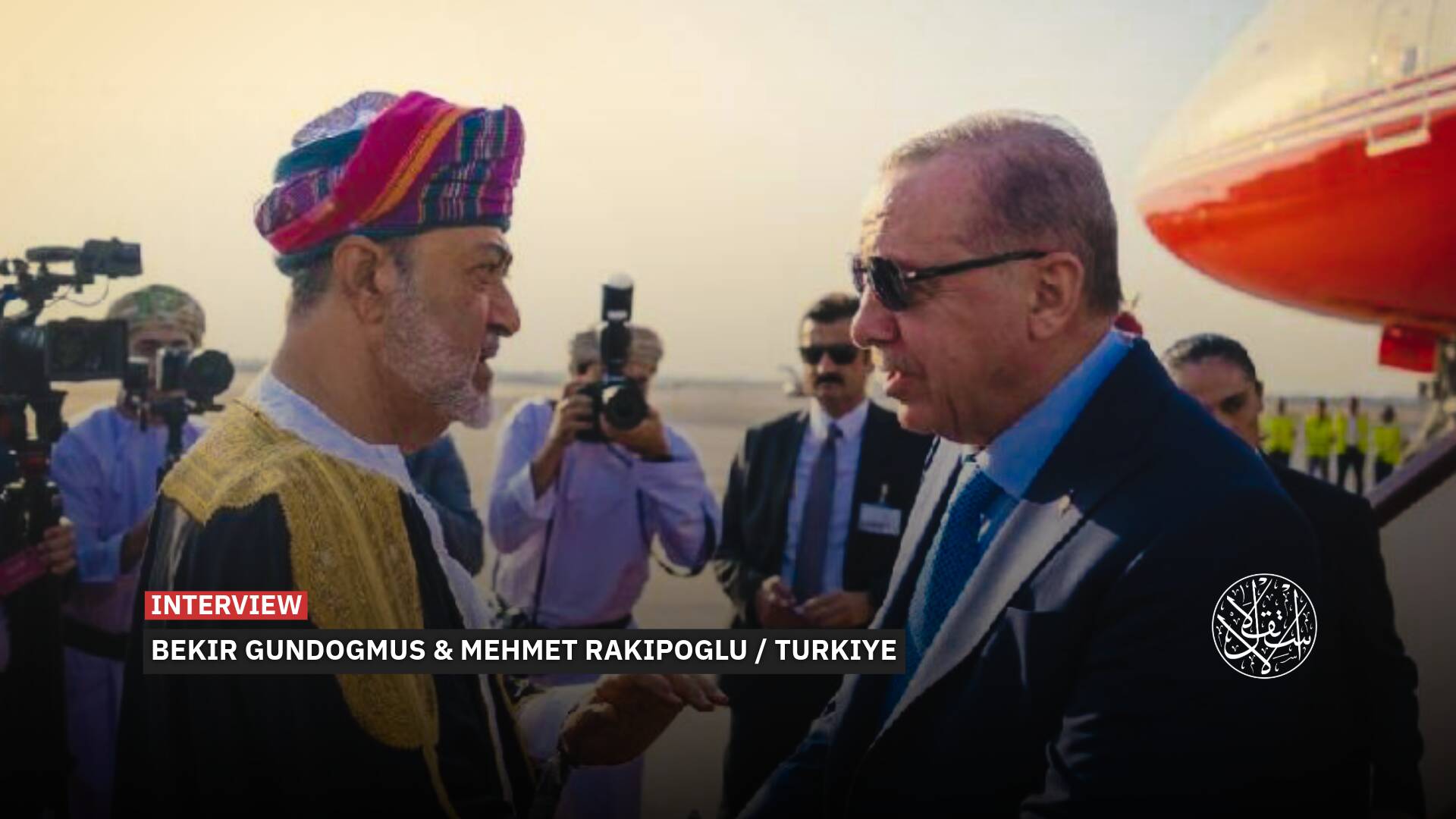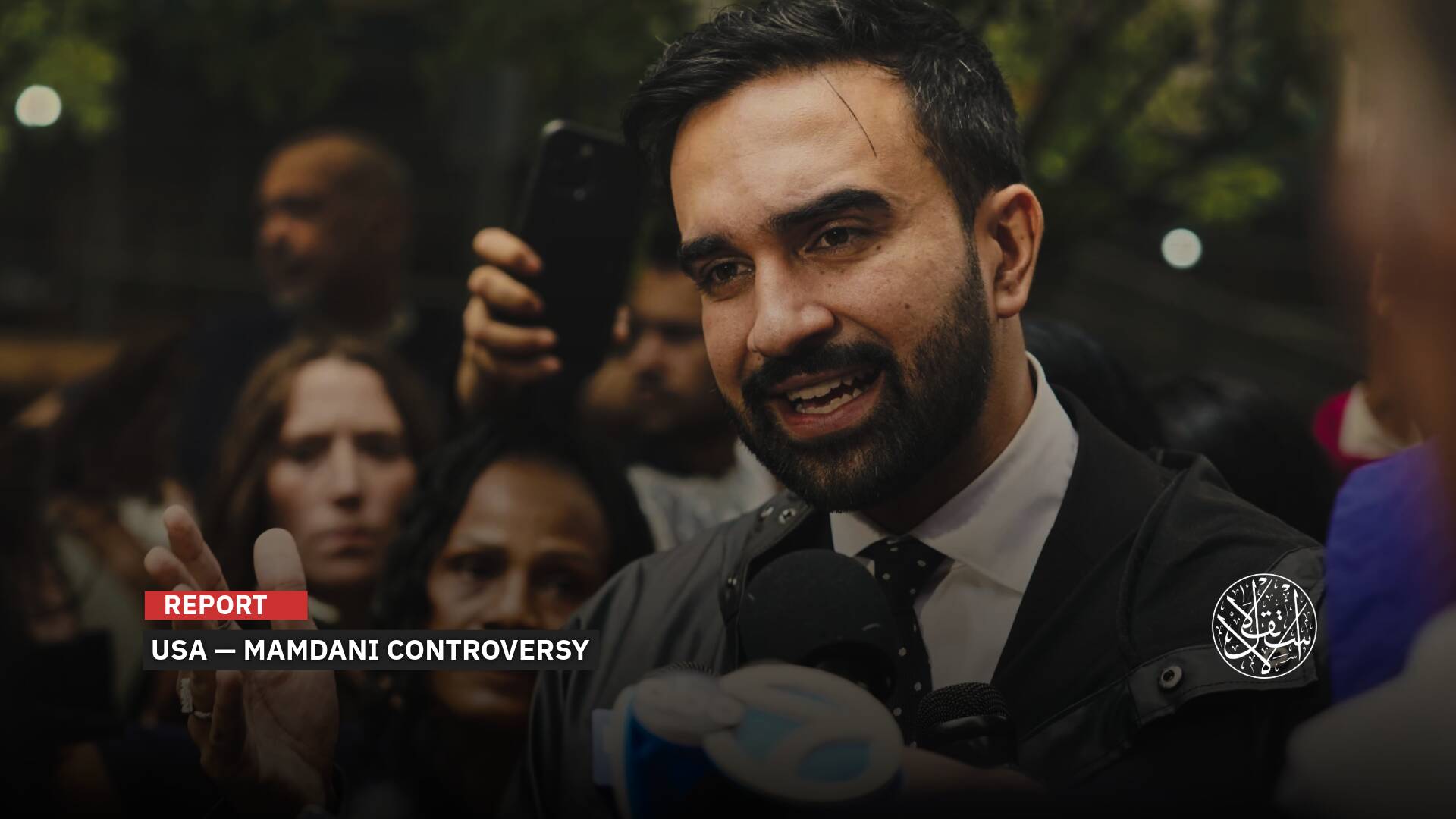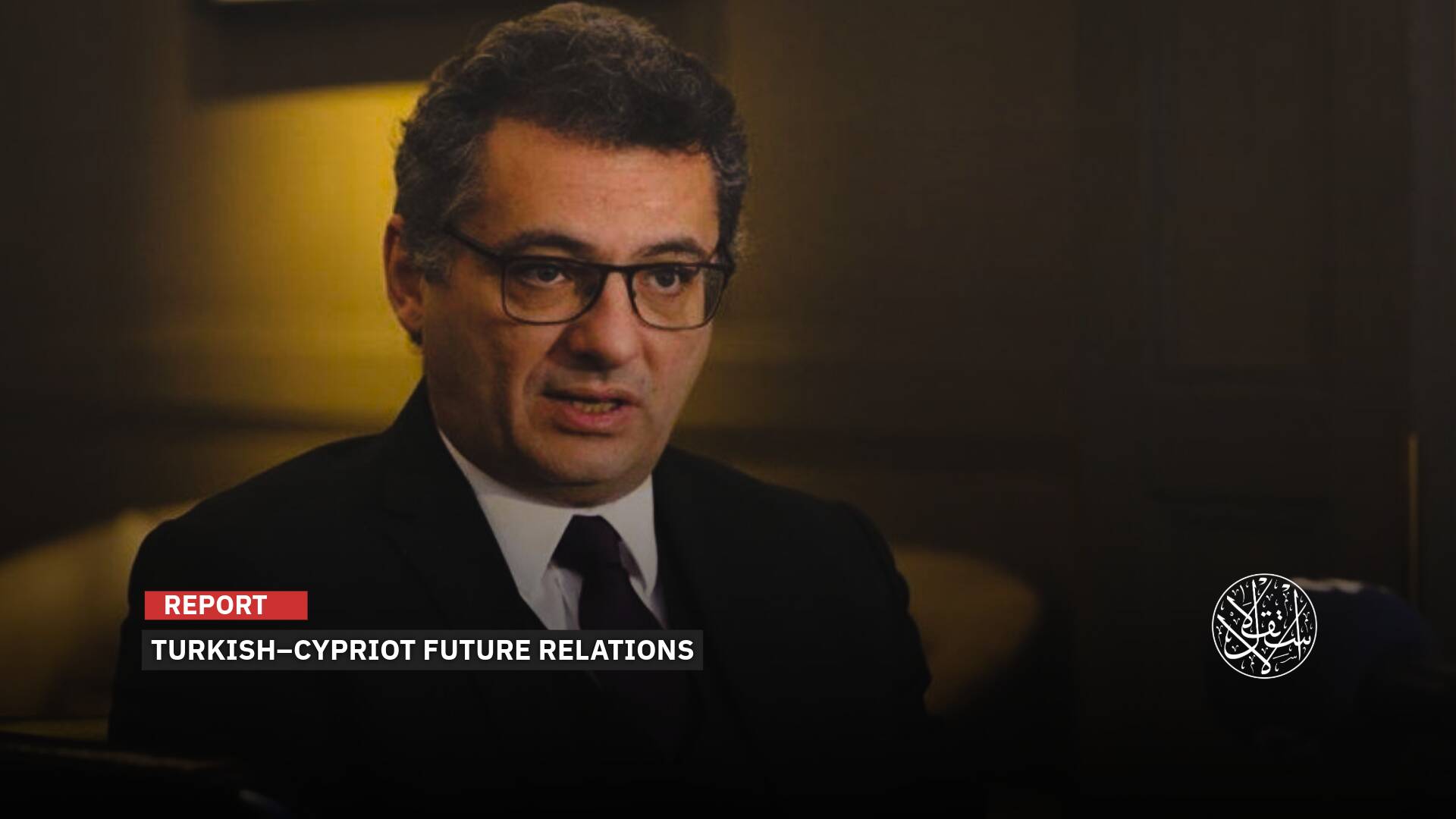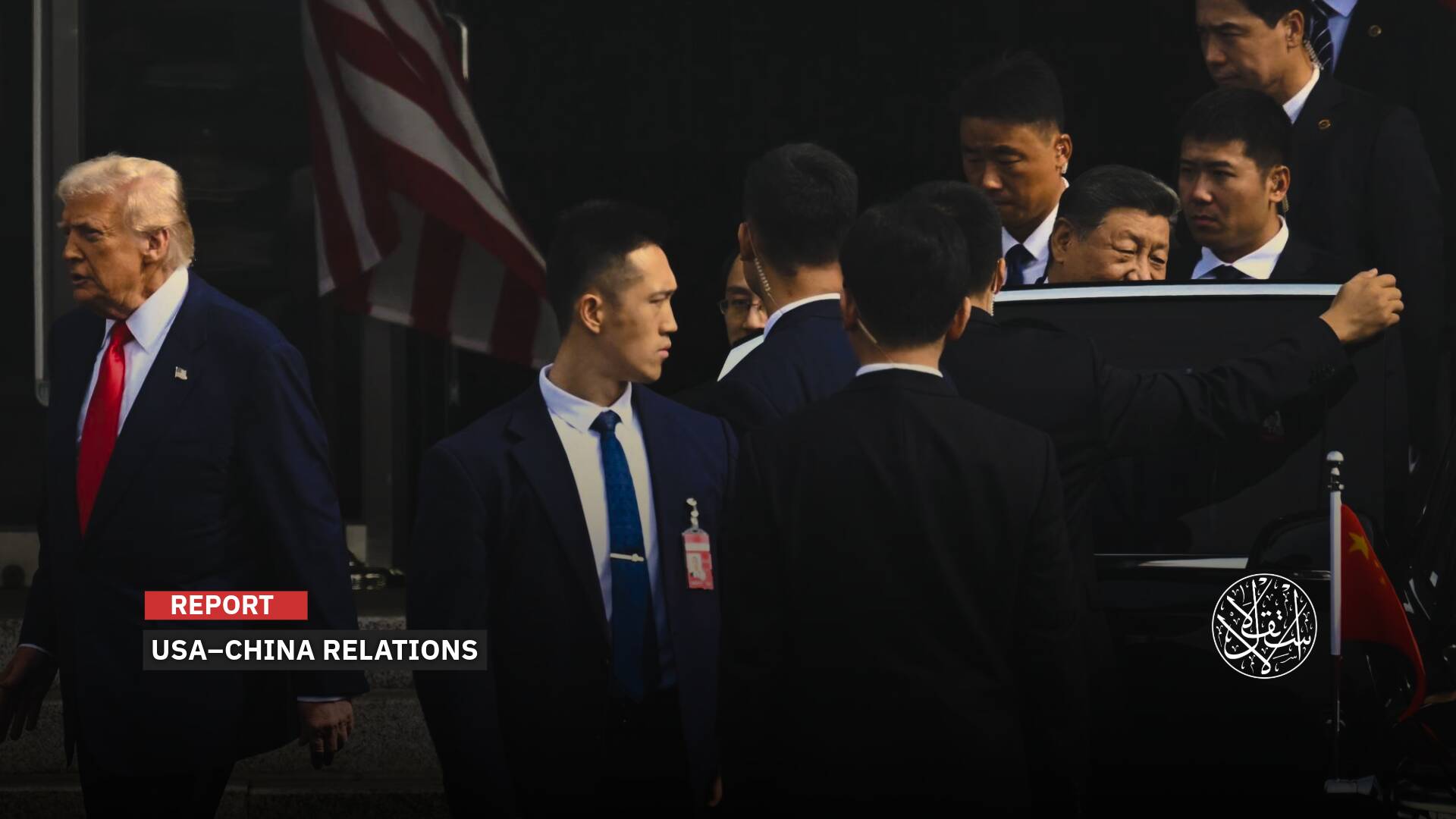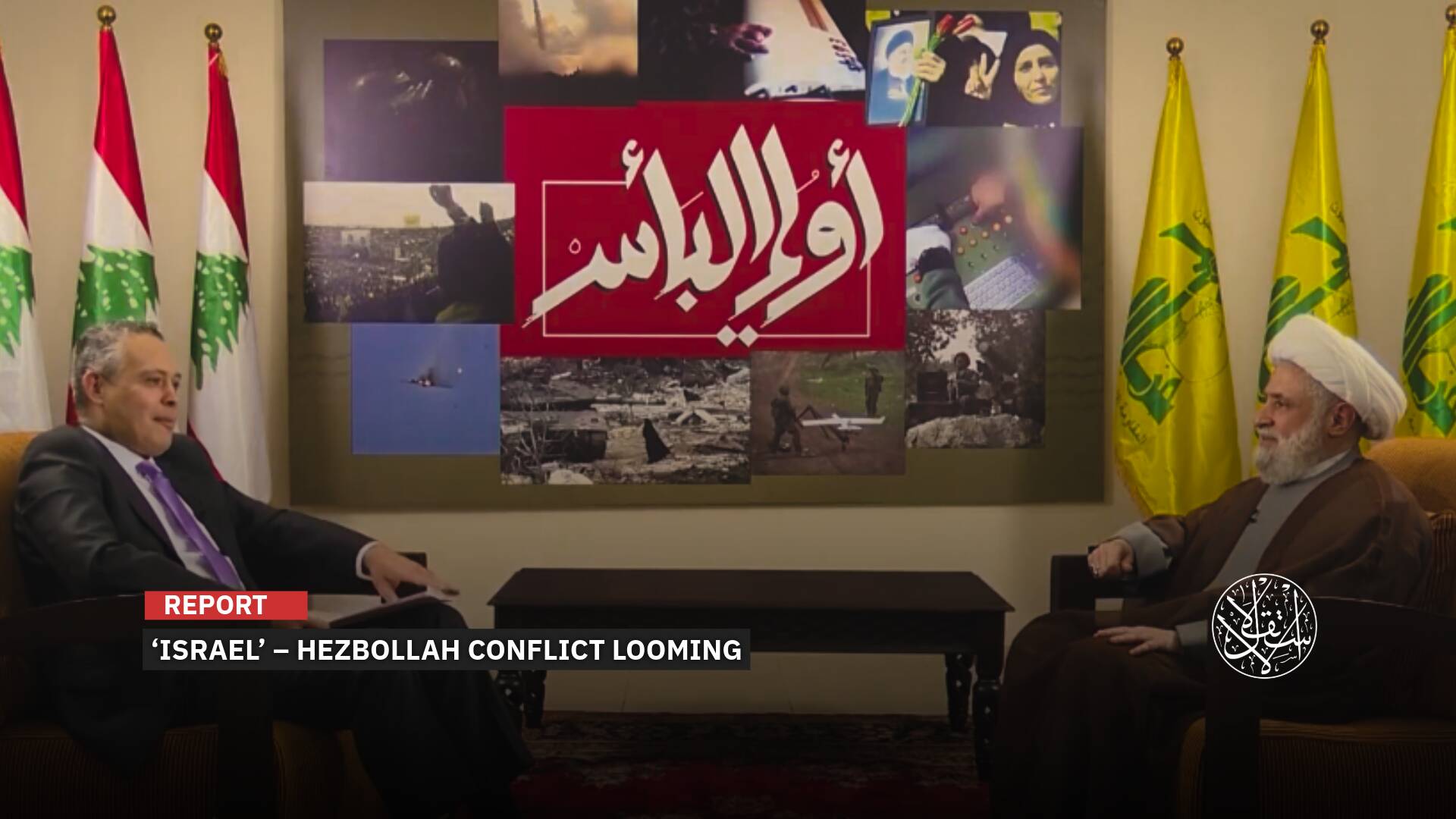Another Uyghurs: How Is the Hui Chinese Minority Oppressed?

China’s Hui Muslims, a minority group that has lived in the country for centuries, are facing a relentless campaign to erase their Islamic and ethnic identity by the authoritarian leader Xi Jinping, who seeks to impose a uniform Chinese character on all aspects of society.
A report by Foreign Affairs magazine, titled The Last Minarets of Yunnan, detailed the harsh policies that Xi has unleashed on the Hui Muslims, who have historically enjoyed more tolerance and integration than other Muslim groups in China, such as the Uighurs.
The report said that Xi’s vision of “socialism with Chinese characteristics” leaves no room for any diversity or dissent that might challenge his grip on power or undermine his nationalist agenda.
Mosque Demolition
One of the flashpoints of the conflict between the Hui Muslims and the Chinese state was the Najiaying Mosque, a 14th-century structure with distinctive Arabic features, such as a dome and minarets, located in the town of Naju in Yunnan province in southwestern China.
In May last year, thousands of Hui Muslims protested against the government’s plan to demolish the mosque’s dome and minarets, which they considered a symbol of their heritage and faith.
They clashed with local police, who used tear gas and batons to disperse them. The protests only delayed the demolition temporarily, according to the report.
The Najiaying Mosque and its neighbor Shadian are among the last mosques in Yunnan that still retain their traditional Islamic style.
Most other mosques in the province have been forced to undergo renovations that make them look more like Buddhist or Confucian temples.
The report said that these changes reflect Xi’s “hardline nationalism” and his determination to create a new China that conforms to his image.
The Hui Muslims and other minorities are paying a heavy price for resisting his oppressive policies.

Hui Muslims
The Hui Muslims are one of the largest and oldest Muslim communities in China, tracing their roots back to the waves of migration and trade that brought Islam to the country from the eighth century onward.
They number about 11 million, mostly living in the western and central regions of China, where they have coexisted peacefully with the majority Han Chinese for centuries.
Unlike the Uyghurs, another Muslim minority that has faced brutal repression from Beijing, the Hui Muslims speak Mandarin Chinese and its local dialects and have largely assimilated into the dominant culture.
But their Islamic faith, which sets them apart from the Han Chinese in terms of dietary laws, religious practices, and cultural ties to other Muslim nations, has increasingly become a source of suspicion and hostility from the Chinese authorities under President Xi Jinping.
According to Foreign Affairs, Xi’s vision of national identity is based on a homogenous and secular Han culture, which leaves little room for ethnic and religious diversity.
As a result, the Hui Muslims have been subjected to a systematic campaign of erasure, which aims to strip them of their distinctive features and force them to conform to the state-sanctioned version of Chinese culture.
This campaign has largely escaped the attention of the international community, unlike the well-documented atrocities committed against the Uyghurs.
Reuters reported that the Chinese government has justified its actions against the Hui Muslims as a way of fighting extremism, but in reality, it is a form of cultural genocide that threatens to wipe out a rich and ancient heritage.
The term “Hui” itself is a generic label given by the Chinese state to any foreigner who consumes halal products, such as Jews and Muslims.
But behind this label lies a diverse and vibrant community that has contributed to China’s history, economy, and society for over a millennium.

Muslim vs Socialism
Xi Jinping has a vision of socialism that is rooted in Han Chinese culture and history and that seeks to assimilate or eliminate ethnic and religious minorities who do not fit his model.
Among his targets are the Uyghur Muslims, a Turkic-speaking people who inhabit the western region of Xinjiang and whose culture and faith connect them to the wider Islamic world.
Xi’s campaign of Sinicization aims to marginalize the Uyghurs and other Muslim groups by imposing Han Chinese architectural styles, language, dress, and religious practices on them.
The Chinese authorities have demolished mosques and Islamic schools, banned Arabic script and Islamic symbols, and forced Uyghurs to attend patriotic education classes and pledge loyalty to the Communist Party.
The report also warns that Xi’s program will not stop at changing the outward appearance of Muslim communities but will also seek to influence their inner beliefs and values.
The government will train and appoint imams who will interpret Islam in ways that conform to socialist and Han Chinese norms, and will restrict or prohibit the religious and cultural practices that many Uyghurs cherish, such as reciting the Quran, wearing the robe, and learning Arabic.
China’s policies against Muslim minorities could backfire on its international image and influence, especially in the Islamic world, where it is trying to present itself as a civilized and benevolent power.
China’s actions could provoke resentment and resistance among the Uyghurs and other Muslims, who may see their identity and dignity under threat.

No Tolerance
China’s aggressive campaign to assimilate its Muslim minorities contradicts President Xi Jinping’s recent call for a “global civilization initiative.”
In March, Xi advocated for respect, coexistence, exchange, and mutual learning among different civilizations, saying they are essential for human progress and prosperity.
However, such appreciation for other civilizations is increasingly lacking within China itself.
The state views any signs of Islamic influence in its towns and communities as undesirable and foreign.
As China tries to present itself as a “civilized state” on the world stage, its cultural policies may backfire and damage its reputation and influence in the Muslim world.
They may also have negative consequences for China domestically; Xi’s project of Sinicization could alienate the Muslim populations in China’s neighboring countries in South Asia and Southeast Asia, where Islam is the dominant religion.
But more importantly, the campaign threatens to impoverish the diversity of Chinese society itself.
Xi’s program of Sinicization marks a departure from the idea of duoyuan yiti (pluralistic unity) that has guided the Han-dominated state’s relations with ethnic minorities.
Instead, that pluralism is becoming increasingly subordinated to the demand of unity, with the state promoting the Han cultural legacy.
Such Han cultural supremacy will only reduce the complexity of China, diminish the country, and provoke resentment, opposition, and resistance among those whose culture the state seeks to erase.


